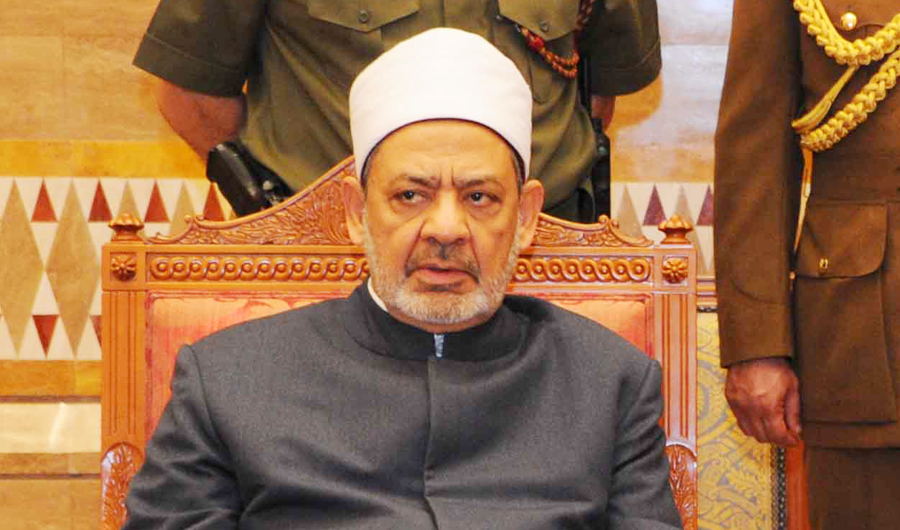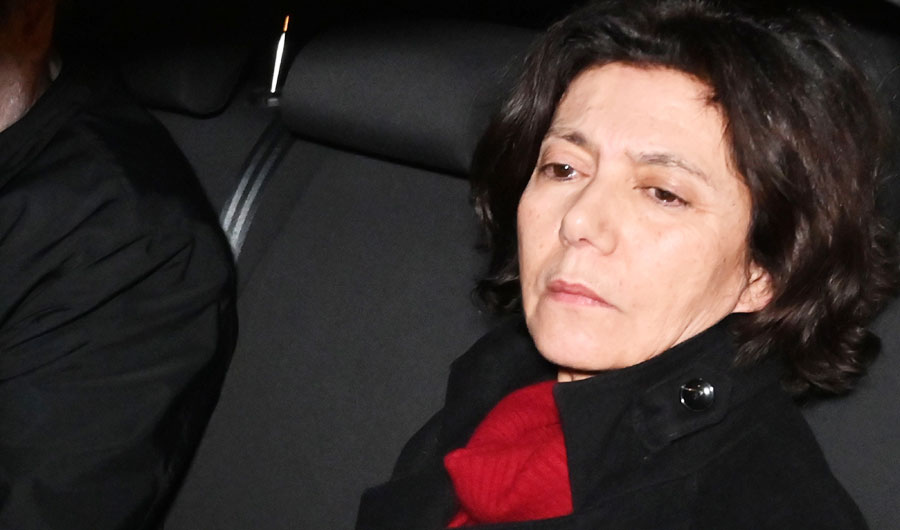BEIRUT: Ten months have passed since the Beirut blast on Aug. 4 last year, and the Lebanese judiciary has still not established the cause of the massive explosion that killed 215 and injured 6,000.
Since then, the judiciary has arrested 19 people, including officers in the State and General Security departments, and has summoned dozens of people for questioning, including senior officials, such as caretaker Premier Hassan Diab, a former minister, two current lawmakers and the Director-General of State Security, Maj Gen. Tony Saliba.
Judge Tarek Bitar, who took over the case three months ago after his predecessor, Judge Fadi Sawan, was dismissed by the Lebanese court of cassation, told journalists recently that he has excluded the possibility that the explosion was caused by a “rocket attack.”
Bitar based his judgment on a report prepared by French forensic experts who did not find any remains of a missile in the port area.
Bitar said: “A missile attack is one of three possible theories; the second is that a welding mistake led to the fire that caused the explosion, and the third is that the fire was intentional.”
Bitar said he was 80 percent certain he could rule out the missile attack theory, and said that “work is continuing to determine which of the two remaining possibilities is the cause of the explosion.”
In his meeting with journalists, Judge Bitar appeared to be getting ready to announce the near completion of technical investigations and to move on to the summoning phase.
A judicial source told Arab News that “security and political officials, and even judges, will be summoned to be questioned in the coming weeks.”
Unlike his predecessor, Bitar will use judicial and constitutional means to prosecute officials who enjoy immunity.
On Dec. 10, Sawan summoned Diab and three former ministers over their negligence, but none of them showed up. Sawan had scheduled to question them as “defendants.”
On Feb. 18, Judge Sawan was dismissed from the case.
Judge Bitar has told journalists that he “might face some pressure in the coming weeks, but he will still say the truth” and that he will “submit his indictment to the judicial council before the end of the year, with physical evidence to prosecute those behind the explosion.”
More than 2,750 tons of ammonium nitrate, which had been stored in the port of Beirut since 2014 close to fireworks, exploded, destroying hundreds of houses and apartments and leaving a 40-meter-deep crater.
Bitar has focused in his investigation on discovering “the causes behind the explosion, those responsible for the ammonium shipment and its sources, and why it was kept in Beirut for seven years.”
Bitar, just like his predecessor, has stressed that “negligence” is one of the causes.
A simulation of the welding process that preceded the explosion is expected to take place in the next weeks, at the same place and with the same devices used to weld the gate of hangar 12.
The three welders who carried out this mission have been arrested, along with the owners of the company that is responsible for welding works at the port.
The judicial source also told Arab News that Bitar might summon judges who were aware of the dangers of the ammonium nitrate shipment in the port and did nothing about it.”
The families of the victims have staged protests in the port area on the fourth of every month since the explosion. This month, they threatened to storm the parliament if the defendants’ immunity was not waived.
Ibrahim Hteit, spokesperson for the families of the victims, said: “More than 300 days have passed since the massacre and officials have still not bothered even to present an apology, fearing to take any responsibility.”
He warned that the families “will not allow any company or investor to lay one stone or reconstruct the port until the truth comes out.”
Hteit and the families blamed the judiciary that, according to them, “obeys political orders.”
He said “waiving the immunity of lawmakers is crucial for the truth to come out, and parliamentary blocs are welcome to help us, if they want to. However, any bloc that abstains or refrains from voting in favor of this will be considered as a partner in crime and will become our enemy.”
“The families are preparing to stage several sit-ins outside the parliament,” he added.
Pictures of the blast victims are featured on the walls in the heart of Beirut and the road leading to the port. On Friday, a book titled “Alive Ashes” was published, containing a collection of testimonies by 203 families who lost loved ones in the explosion.




